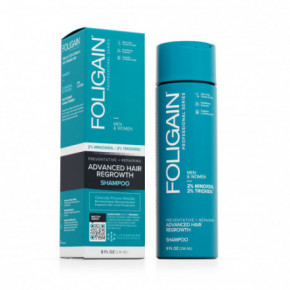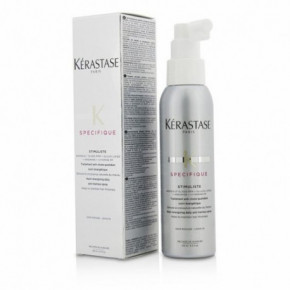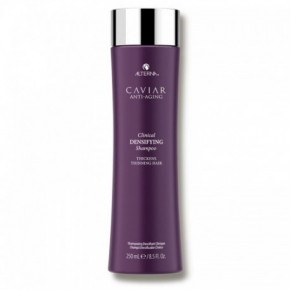Your guide to ageing, thinning hair with simple tips
Why women’s hair gets thinner with age is such a commonly asked question that we decided it was worthy of a closer look at the circumstances around the phenomenon. Whilst there is definitely a genetic influence there are also environmental factors, so we have had a look to see exactly what women can do to protect against and respond to hair loss.
The reason women’s hair gets thinner
In a nutshell, hair thinning in women is predominantly due to hormonal changes. As women advance in years and head towards the menopause, they stop producing as much oestrogen and progesterone. This means that androgens (male hormones) start to have a greater effect on the whole body, including on hair growth. Hair follicles shrink during menopause and hair doesn’t grown as quickly, although the rate hair loss increases, so thinning is the result. On top of this, everyone, regardless of gender, tends to see some hair loss as they age, as hair strands become smaller and contain less pigment. Some follicles stop producing hair altogether over time, prompting the thinning effect.
Environmental factors
Sometimes, these naturally occurring reasons are also compounded with other additional factors such as over-bleaching and dying, over use of heated styling appliances and other environmental factors, such as exposure to the sun. This is why it’s so important to think about starting to look after the health of your scalp and hair as early as possible to delay the process.
7 Tips for preventing or delaying hair thinning
This is what all women who suffer with hair loss want to know. Fortunately, the answer is yes. Although we don't promote the notion of miracle cures, there are some realistic, practical things that you can do to promote scalp health, stem the rate of hair loss and protect it as much as possible. Let’s take a look at some of the most popular methods:
Scalp toners and tonics
These are fast becoming a really popular way of giving your scalp the extra care and nutrition it needs to provide a healthy environment to sustain hair growth. They strip away unhealthy bacteria and stimulate your follicles, encouraging regrowth.
Washing routine
ash your hair less frequently using a sulphate free shampoo. Twice a week is usually ample.
Protein rich diet - Hair is made of protein strands and a lack of protein in the diet has been linked to hair loss. Working in some protein rich foods such as eggs, fish, avocados and nuts can really help maintain the condition and thickness of your hair.
Choosing the right products
Always look for products that suit your particular hair type, particularly if you have dry hair and a flaky scalp. Your stylist should be able to give you useful, professional advice on this.
Avoid extreme, direct heat
This is so important in terms of your long term hair and scalp health, and future hair growth. This sort of heat can damage follicles irreparably, bringing on the thinning process much earlier than would otherwise be the case.
Hydration
Hydration is something we mention in nearly every blog we write about hair, because it is so essential for hair and scalp health. Drinking plenty of water every day will help keep your scalp from drying out and lubricate your follicles.
Medication
Medication is a last resort for most people, and should only be used in consultation with your GP, but the most popular medications for hair loss in the UK currently are Finasteride/Propecia and Minoxidil/Regaine.








